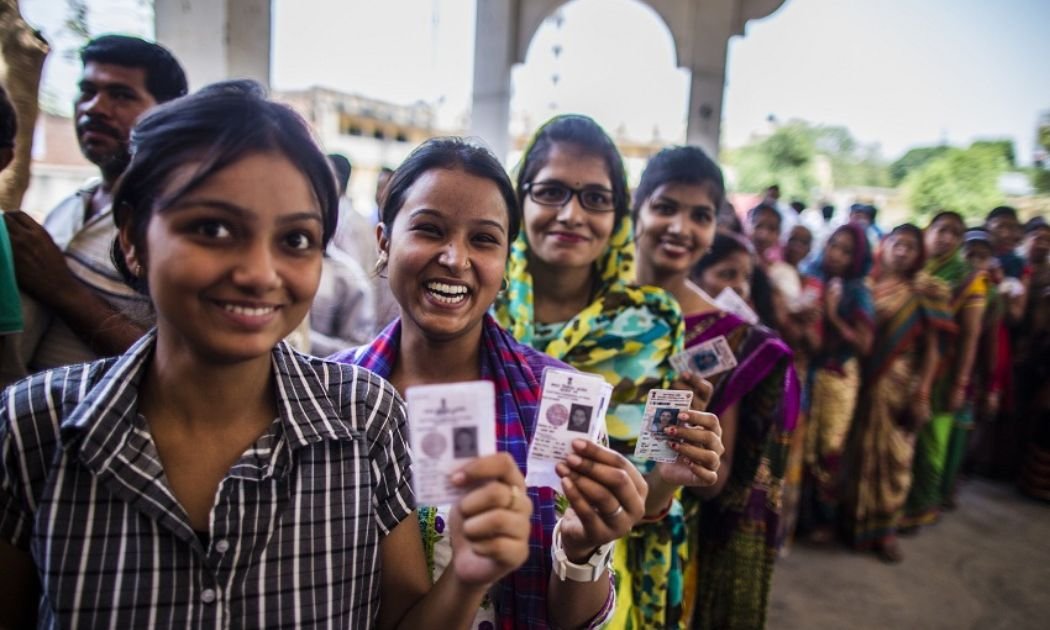Why the Opposition is Raising Alarms Over Voters’ Lists
Duplicate Voter IDs and Errors Fuel Concerns
March 11, 2025In Parliament, the opposition alleged serious discrepancies in voters’ lists and demanded an immediate discussion in both Houses. Reports of duplicate voter IDs and errors in the lists have raised concerns about the integrity of the electoral process, prompting calls for urgent action by the Election Commission of India.
During the Zero Hour in the Lok Sabha, Trinamool Congress (TMC) MP Saugata Roy raised the issue of “false voter lists,” citing examples flagged by West Bengal Chief Minister Mamata Banerjee, as reported by The Indian Express.
Banerjee had reportedly pointed out that identical Electoral Photo Identity Card (EPIC) numbers were found in multiple constituencies, including Murshidabad and Bardhaman in West Bengal, as well as in Haryana. Roy called for a thorough revision of the voters’ lists, alleging that similar discrepancies had been observed also in Maharashtra, and warned that these issues could affect upcoming elections in West Bengal and Assam.
Leader of Opposition Rahul Gandhi supported Roy’s demand, stating that “questions have been raised” about the voters’ lists by opposition parties across the country. Gandhi added that while the government does not directly prepare voter lists, the Election Commission must be held accountable for discrepancies that undermine the credibility of elections.
In the Rajya Sabha, Leader of Opposition Mallikarjun Kharge demanded a detailed discussion on the alleged irregularities, as reported by Deccan Herald.
Kharge warned that the presence of duplicate EPIC numbers, abrupt deletions of voters and a perceived lack of transparency in the electoral process posed a significant threat to the democratic system.
When his request for a debate was rejected, opposition MPs staged a walkout, accusing the government of avoiding scrutiny.
The government, however, pushed back against the opposition’s allegations. Leader of the House in the Rajya Sabha, J.P. Nadda, stated that the government was ready to discuss any issue, provided it adhered to parliamentary rules. Nadda accused the opposition of deliberately creating disruptions and avoiding proper debate procedures. He suggested that opposition MPs needed to familiarise themselves with the rules of the House before demanding discussions.
The controversy stems from instances of multiple EPIC numbers being assigned to voters, raising fears of duplicate entries and potential voter fraud. The ECI explained that this duplication resulted from a decentralised and manual system used before integrating electoral roll databases into the centralised ERONET platform.
In the past, different states and Union territories independently managed their electoral roll databases, leading to the possibility of identical EPIC numbers being assigned to electors in different constituencies across states.
The TMC has dismissed the ECI’s clarification as a “cover-up.” Party MP Saket Gokhale cited the ECI’s own guidelines, which stipulate that EPIC numbers should be unique, to challenge the commission’s explanation. The TMC has accused the ECI of colluding with the ruling party to manipulate voter lists, expressing concerns over potential voter suppression and the integrity of upcoming elections, as reported by The Economic Times.
AAP representatives have alleged that the ECI and the central government are misusing official machinery to create fake voters. They claim that similar tactics were employed in states like Maharashtra, Haryana and Delhi, and fear that such practices may be replicated in West Bengal, as reported by Business Standard. AAP has called for a thorough investigation into the issue to ensure the fairness of the electoral process.

